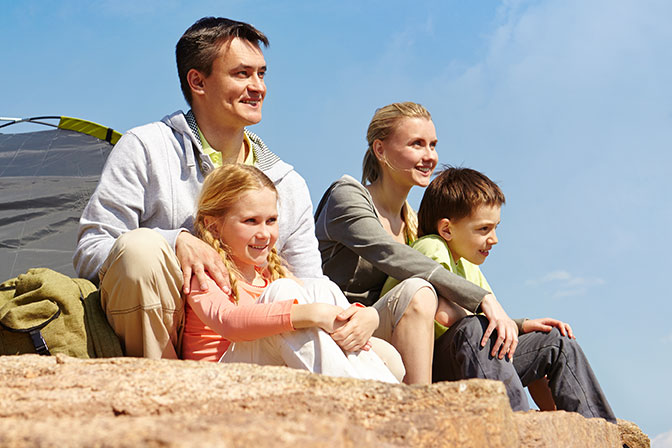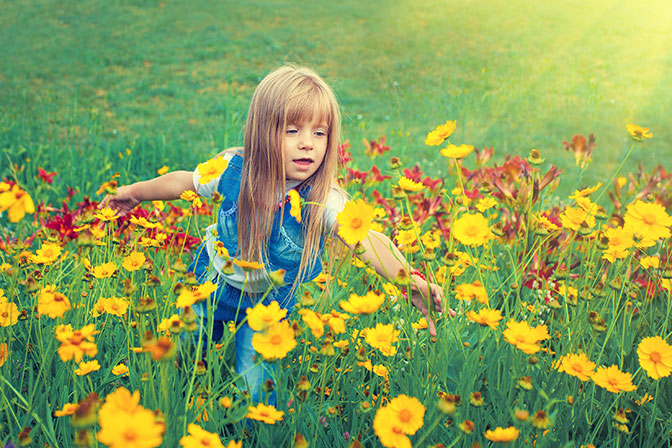How many of you rush to relax with your family? Do you work till 5 or 6 pm, only to come home and make dinner, followed by time spent making sure the kids have done their homework while helping those who haven’t? What time is it then? 8 or 9 pm? Then weekends … between doing chores and driving the kids to their extracurricular activities, when do you have time to stop and relax and just have fun with your children?
Studies show that when families actually plan family leisure activities like camping and let go of all the rushing, they experience increased family satisfaction (Zabriskie & McCormick, 2003) and improved communication (Huff, Widmer, McCoy, & Hill, 2003). The family as a whole even becomes more effective (Wells, Widmer, & McCoy 2004).
As we approach spring and summer—prime camping season—plan your next family campout. And when you get there, let everything else go—no more work or school or errands … just you and the ones you love. Play, relax, and have fun!
References
Zabriskie, R.B., & McCormick, B.P. (2003). “Parent and child perspectives of family leisure involvement and satisfaction with family life.” Journal of Leisure Research, 35(2), 163–189.
Huff, C., Widmer, M., McCoy, K., & Hill, B. (2003). “The influence of challenging outdoor recreation on parent-adolescent communication.” Therapeutic Recreation Journal, 37(1), 18–37.
Wells, M. S., Widmer, M. A., & McCoy, J. K. (2004). “Grubs and grasshoppers: Challenge-based recreation and the collective efficacy of families with at-risk youth.” Family Relations, 53(3), 326–333.

 If you are an international customer, please
If you are an international customer, please 
 Get cooking tips, stories, and news about products and events by
Get cooking tips, stories, and news about products and events by 


 Want to find out more about our products or speak directly with us? No, problem! Fill out our
Want to find out more about our products or speak directly with us? No, problem! Fill out our